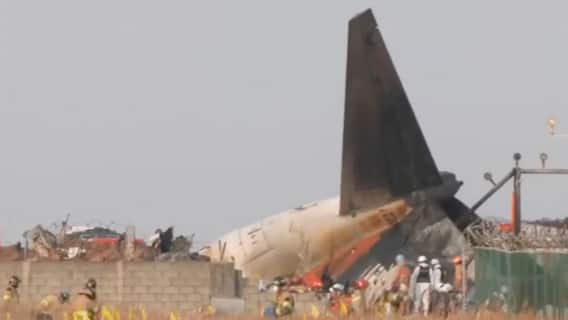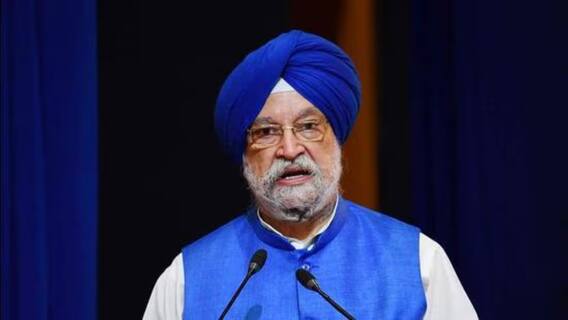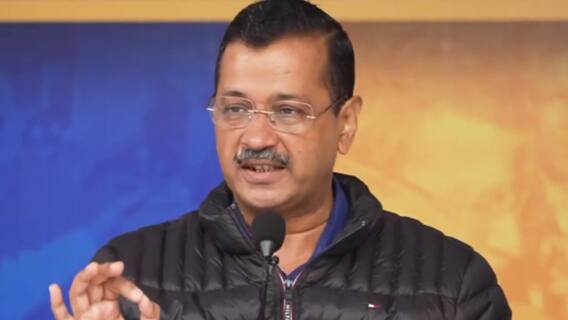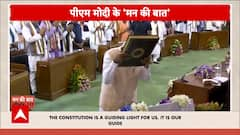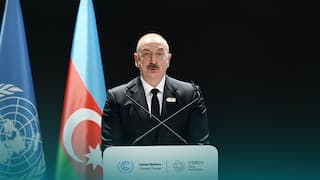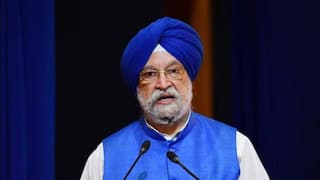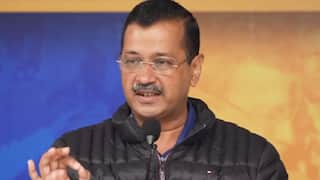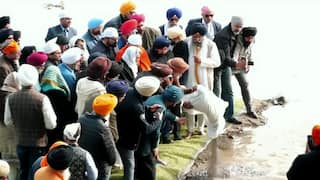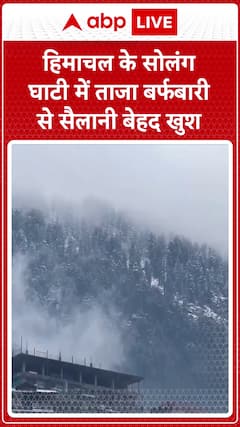Divide between Pak government, military establishment widening over fighting terrorism: Journalist

Islamabad [Pakistan], Oct 5 (ANI): The divide between the Pakistan Government and the country's military establishment continues to widen, especially on key issues ranging from dealing with terrorism to pro-Taliban policies to dispute resolution with neighbours and ties with the United States, a senior journalist has said.
"Pakistan's political temperature is reaching a high, with the warring sides, the state's key organs. These developments do not inspire an optimistic outlook for country still struggling to eliminate the scourge of violent extremism and terrorism," claims Daud Khattak, Senior Editor for Radio Free Europe Radio Liberty's Pashto language Mashaal Radio, in an article published in The Diplomat.
Khattak recalled a year-old statement of former Pakistani senator Bushra Gohar, wherein he said the 'country is at war with itself'.
"Pakistan's war with itself is gradually becoming more visible with each passing day, particularly since the hastily-decided disqualification of the thrice-elected prime minister Nawaz Sharif on charges of hiding assets, in this case a salary that he never received, in July this year," he said.
"Since then, the hawks in Sharif's Pakistan Muslim League (PML-N) party have seldom let an opportunity to express their anger, using terms like "conspirators," "secret hands," and "invisible powers" a euphemistic reference to the country's powerful military establishment and intelligence services," Khattak added.
Highlighting that the ruling party also included the top judiciary in its complaints, he said opposition politicians were praising the army and judges, and giving the impression of an unseen war between the nation's three powerful state institutions.
Referring to Pakistan's Interior Minister Ahsan Iqbal's anger on being stopped by the Rangers from attending court proceedings, Khattak quoted the minister as asking, "Is this a Banana Republic or a Constitutional Republic?"
"There will be one law here and one government. two states cannot function within one state. I cannot be a puppet interior minister," an enraged Iqbal told media outside the court.
He explained that the Iqbal's comments resonated with those of former Prime Minister Yousaf Raza Gilani, who delivered an angry speech in December 2011, saying "conspirators are planning to bring down the elected government but the people have the right to decide whether they want democracy or dictatorships."
Gilani made these comments after rumors had emerged that his government was under threat following differences with the military generals in the aftermath of the killing of al-Qaeda chief Osama bin Laden close to the military garrison at Abbotabad by the United States.
"There can be no state within the state. no institution can say that it is not under the government", Gilani had said at that time.
Khattak, who had earlier worked for The News International and London's Sunday Times in Peshawar, said Gilani was disqualified by the Supreme Court of Pakistan in June 2012, six months after making his "state within state" remarks and to which some Pakistani commentators termed as "judicial dictatorship" and punishment for Gilani's remarks.
"Since his election in May 2013, Sharif continued trespassing the undeclared but nevertheless well-defined 'no go' zones for civilian leadership, elected or otherwise, and tried to assert the civilian writ in areas that the country's strong military leadership sees as its private domain," he said.
He further said the military leadership in the country saw some of Sharif's actions, as a challenge, which included his visit to attend the oath-taking ceremony of Indian Prime Minister Narendra Modi and his statements supporting better trade ties with India and Afghanistan.
The journalist also pointed out the military leadership was also not happy about the Sharif government's move to get former military dictator Pervez Musharraf punished under the law for his 'unconstitutional' steps and the refusal to extend the service period of former chief of army staff Raheel Sharif.
"The recent tensions in Islamabad is would seem to be between the top judiciary and the government led by Sharif's Pakistan Muslim League, but the pro-Sharif political leadership is also pointing accusing fingers at the country's intelligence agencies and the military leadership without naming an individual or the specific institution," Khattak stressed saying that the statements, mostly from Sharif side, are becoming more serious and stubborn.
"With each passing day the gap widens between the military and civilian leadership on key policy matters, be that the fight against militant groups, dispute resolution and trade with India and Afghanistan, or relations with the United States," he added.
Khattak emphasized that political gimmicks apart, the civilian and military leadership also disagree over the country's approach towards the various militant groups believed to be operating in Pakistan.
He cited that a candidate of the banned Jamat-ud-Dawa (JuD), the second incarnation of the Lashkar-e-Tayeba (LeT), took part in a bi-election and ended up fourth in the contest where the wife of the ousted premier Nawaz Sharif was the lead candidate.
"The banned JuD was launched into politics under the banner of Milli Muslim League (MML) with a nod from the security establishment despite opposition from civilian authorities," he said
The journalist also talked about Foreign Minister Khwaja Asif dubbing Hafiz Saeed of the JuD a "liability," a comment that infuriated many in security circles.
"It is very easy to say that Pakistan is supporting Haqqanis and Hafiz Saeed and Lashkar-e-Tayeba. They are liabilities. I accept that they are liabilities," Asif had said while speaking at the Asia Society in New York last month.
"Although Pakistan has walked a long and tricky road since the last military coup d'etat in October 1999, the country has yet to see or expect civilian supremacy in its true sense. Incompetence, corruption, patronage and dynastic politics with opportunistic approaches among political parties and their leadership are a few of the major hindrances in achieving the goal of real civilian supremacy," Khattak said. (ANI)
This story has not been edited. It has been published as provided by ANI
Trending News
Top Headlines







